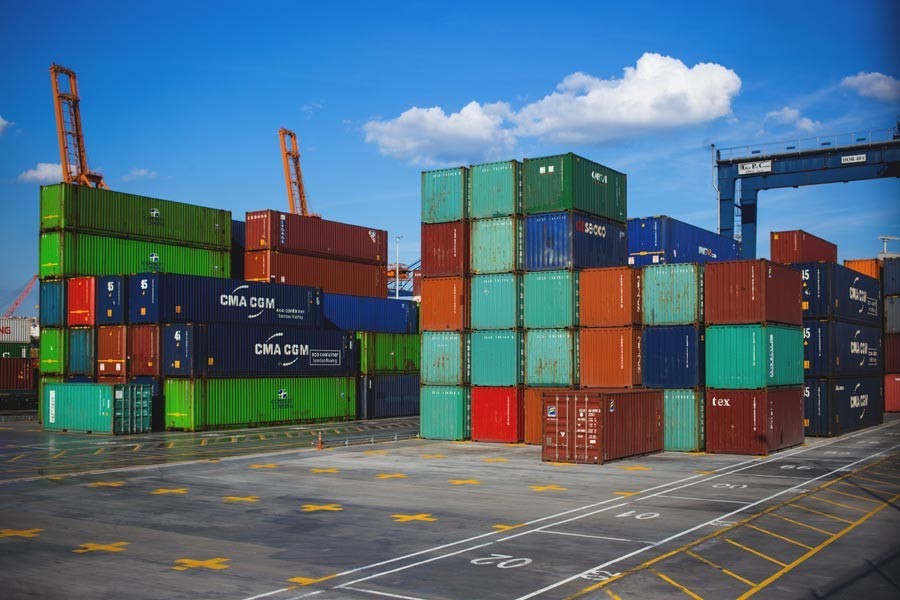Despite the country's high dependency on using the US dollar (US$) in foreign trade, possibility of using other alternative currencies in certain bilateral and regional trade transactions can be explored to reduce cost, speakers opined at a roundtable on Thursday.
They also said local banks can open foreign currency clearing accounts in certain countries to quicken transactions and cut cost by avoiding currency conversion charge, as there is no bar of the central bank in this regard.
The observations came at the roundtable - 'Using US Dollar in Foreign Trade: Is there any Alternative Option?' - organised by the Bangladesh Institute of Bank Management (BIBM) at BIBM Auditorium in the city.
S M Moniruzzaman, the BIBM Executive Committee Chairman and Deputy Governor of the Bangladesh Bank (BB), spoke at the event as the chief guest, with former Supernumerary Professor of the BIBM Yasin Ali in chair.
The BB Deputy General Manager (DGM) of Forex Reserve and Treasury Management Department Anisur Rahman, DGM of Foreign Exchange Investment Department A S M Shahabuddin, and the BIBM Director (R, D&C) Dr Prashanta Kumar Banerjee also spoke on the occasion.
Md Nazimuddin, Director General (DG) of the BIBM and Executive Director of the BB, made the concluding remarks.
Mentioning that currently there is no alternative to using the US dollar in foreign trade, Mr Moniruzzaman said around 89 per cent import transactions in 2019 have been conducted by using US$, while it was around 85 per cent during the past decade.
In the same year, around 98 per cent of the country's export transactions have been conducted by using US$, while it was around 97 per cent during the last decade.
"Not just in Bangladesh, dependency on US$ is all the same in the whole world. Though the scope of using other currencies in international trade is very little, the discussion on such issue should continue to get a good result in future," he added.
The BIBM DG said the cost of trade and other transactions may reduce, if a particular currency can be directly used in a certain country. It will also decrease pressure on US$.
However, he also mentioned that there is no alternative to using US$ in the world at this moment.
Mr Yasin Ali said conducting international transactions using US$ is safe for the businesses and banking channels.
But if the use of any other currency is profitable comparing to the US$, it should be encouraged also, he opined.
Findings of a study on the same topic of the roundtable, conducted by an eight-member team and led by the BIBM Director (Training) Professor Dr Shah Md Ahsan Habib, was also presented on the occasion.
In the presentation, Mr Habib said extensive reliance on other currencies, rather than US$, may not be a wise option at this moment. But use of home currency in certain trade transactions with selected countries may help reduce transaction cost.
There are several global instances of having cross-border trade transactions using the currencies of home countries as part of bilateral or regional arrangements.
The trend has rather increased in the recent years due to intense multi-dimensional political and economic power game, the study mentioned.
Besides, special payment and clearing arrangement for trade transactions have been beneficial for Bangladesh. As, under the Asian Clearing Union (ACU) mechanism, net interest income is positive, which is beneficial for Bangladesh, Mr Habib noted.
The BB has allowed banks to open foreign currency clearing accounts in Chinese currency 'Yuan' following the recent rise in trade volume with China, and there is a huge demand for the currency in making import payment.
However, local banks cannot utilise this opportunity due to non-capitalisation of trade settlements amid inadequate supply of 'Yuan' in the accounts of Chinese banks, the study also cited.


